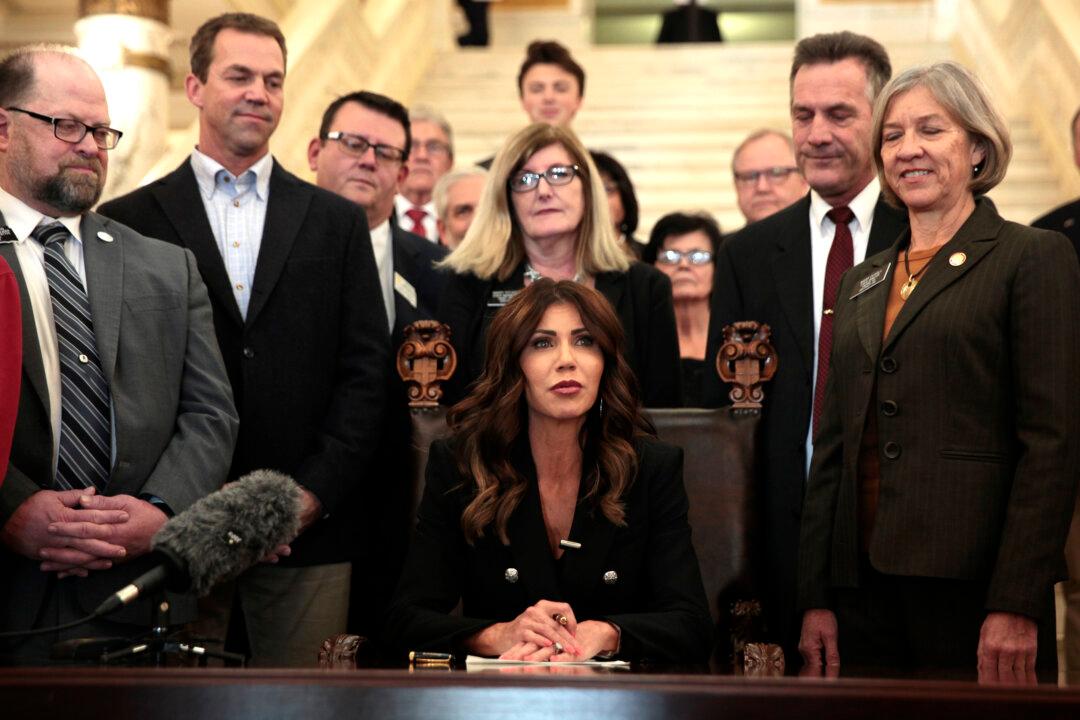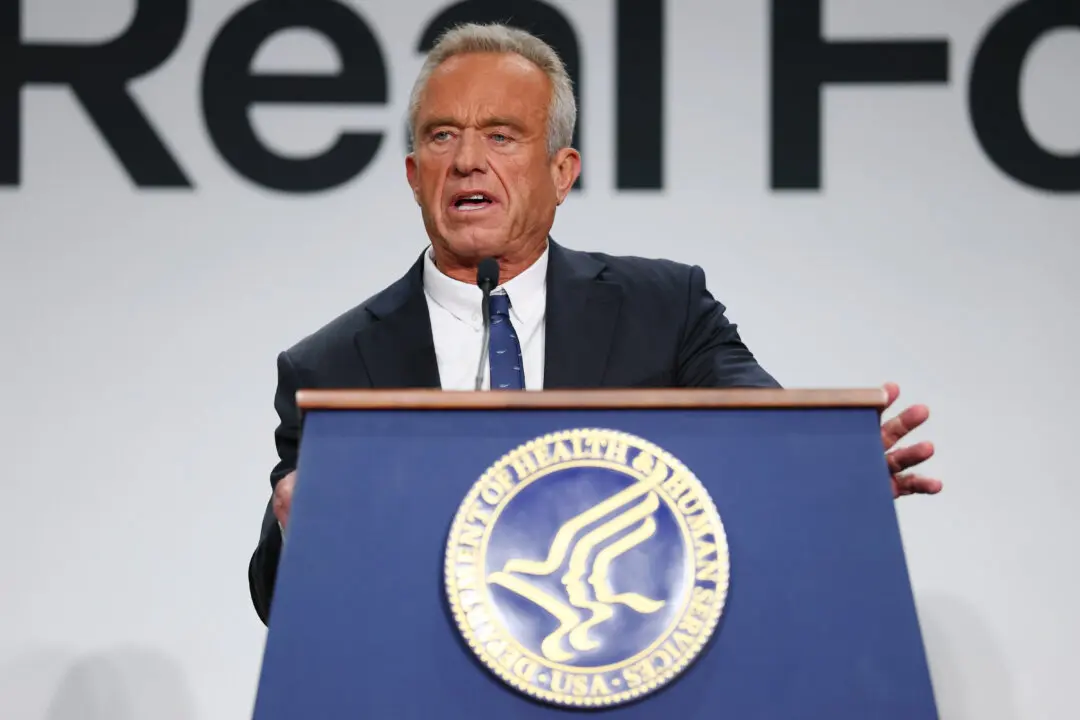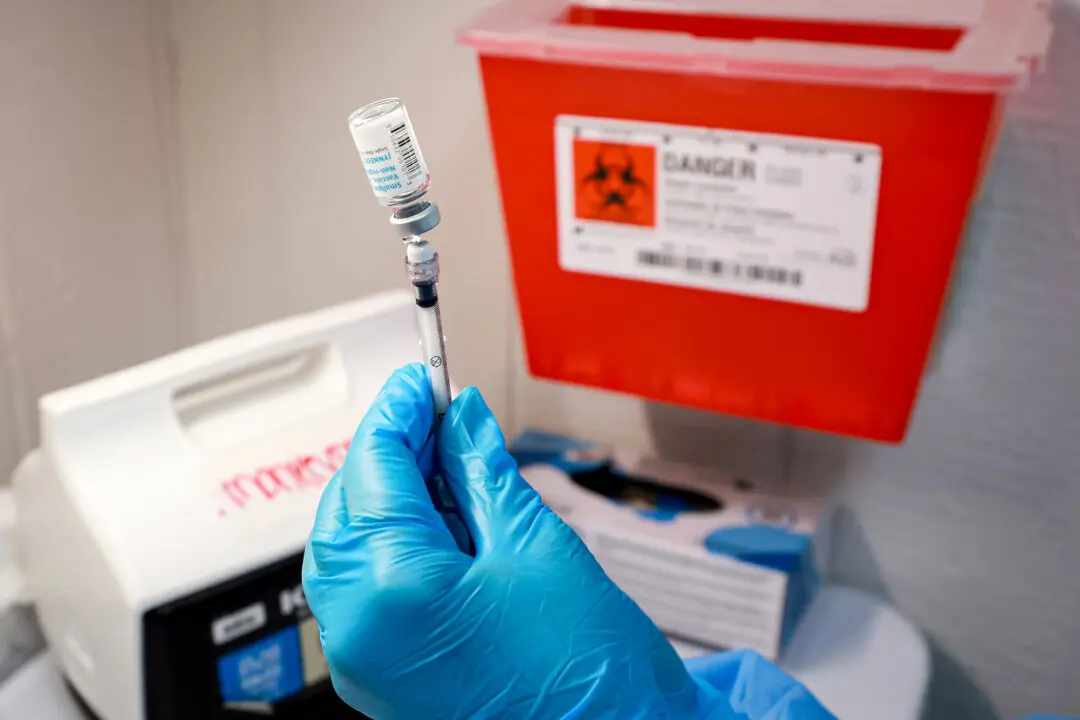South Dakota’s governor on Feb. 3 signed legislation that bars athletes from competing on single sex sports teams if they are of the other sex.
Senate Bill 46 was approved by the state’s legislature before being signed by Gov. Kristi Noem, a Republican, at the South Dakota State Capitol in Pierre.





